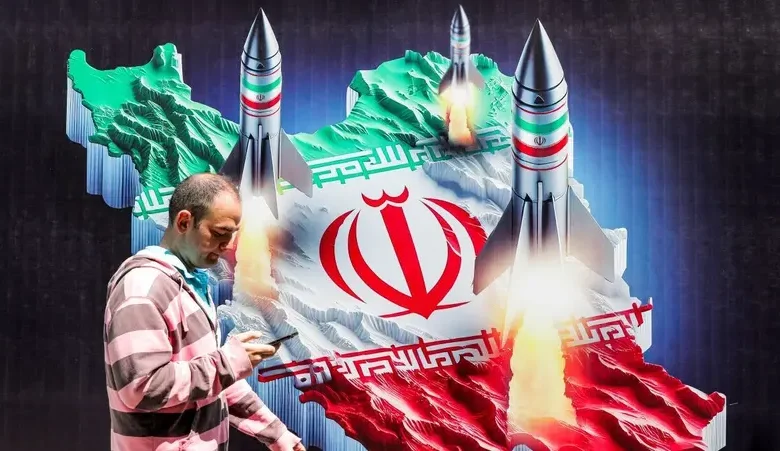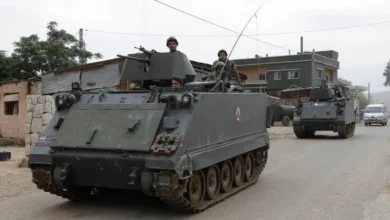Iran’s advance notice of attack on Israel raises questions

Iran’s decision to provide advance notice to neighboring countries and the United States before its attack on Israel has raised questions regarding the intentions and objectives behind the operation.
Iran’s Foreign Minister Hossein Amir-Abdollahian said on Sunday that Tehran had informed the US and neighboring countries about its retaliatory strike on Israel, giving a 72-hour warning.
“We announced … to the White House in a message that our operations will be limited, minimal and will be aimed at punishing the Israeli regime,” said Hossein Amir-Abdollahian during a briefing to foreign diplomats regarding Tehran’s drone and missile assault on Israel.
The attack, initiated late Saturday, involved hundreds of drones and missiles launched from Iranian territory directly toward Israel, in retaliation for a deadly strike on Iran’s consulate in Damascus on April 1.
Israel’s military reported intercepting 99 percent of the aerial threats with assistance from the US and other allies, and said that the attack caused only minor damages.
Iran, on the other hand, hailed the operation as successful, saying it had inflicted “heavy blows” to Israel.
“The size of the attack, and the manner in which drones and missiles were fired in tandem, suggests Iran did intend to pressure Israel’s air defense system,” Eurasia group analyst Gregory Brew said.
But Iran’s signaling of the attack beforehand allowed Israel and its allies sufficient time to prepare defenses, rendering the assault largely ineffective, Brew added.
“This would suggest Iran intended this attack to be largely symbolic and designed to restore deterrence, rather than actually inflicting damage on Israel. The telegraphing also emphasizes how Iran hopes to avoid escalation with both Israel and the US in the short-term,” he said.
While US officials denied receiving advance warning and said Iran aimed to cause significant damage, Reuters cited Turkish, Jordanian and Iraqi officials as saying on Sunday that Tehran had given extensive notice days before its attack on Israel.
Jason Brodsky, policy director at United Against Nuclear Iran, said that Iran may have provided advance notice to mitigate casualties and damage in Israel, in an effort to prevent a military response against Iranian territory.
But despite Iran’s efforts to minimize the impact, Israel is deliberating its response options. The US, Israel’s main ally, has said that it would not participate in any direct attack on Iran alongside Israel, a position that could provide reassurance to Iran and constrain Israel’s options for retaliation.
Iran justified its actions as self-defense following the Damascus consulate strike, which killed seven members of the Islamic Revolutionary Guard Corps (IRGC), including two senior commanders.
Western governments condemned Iran’s retaliation as “destabilizing the region,” but Tehran insisted its response was “limited” and called on Western nations to acknowledge its “restraint” towards Israel.










